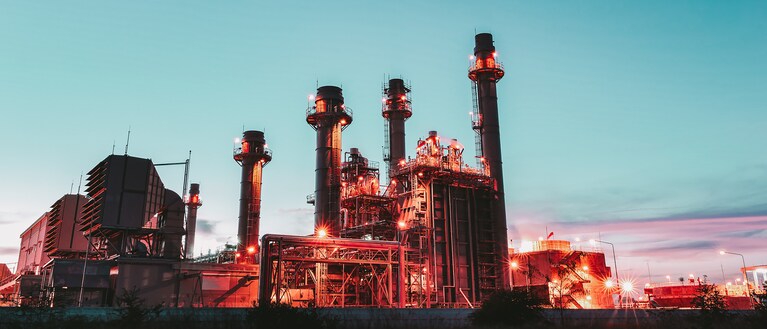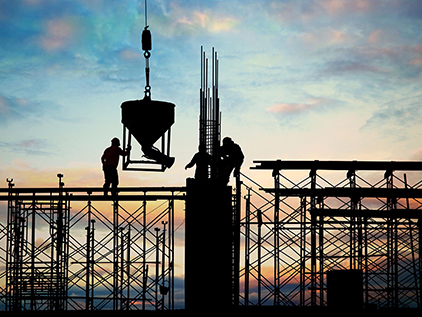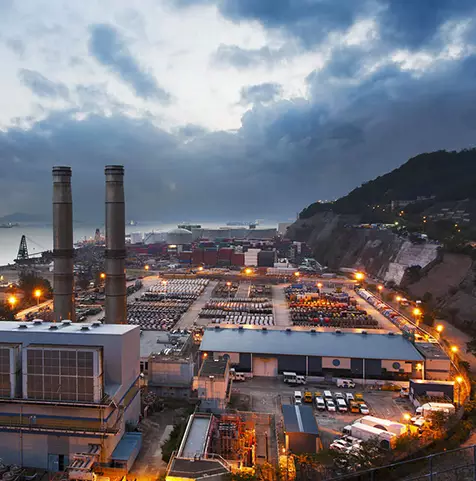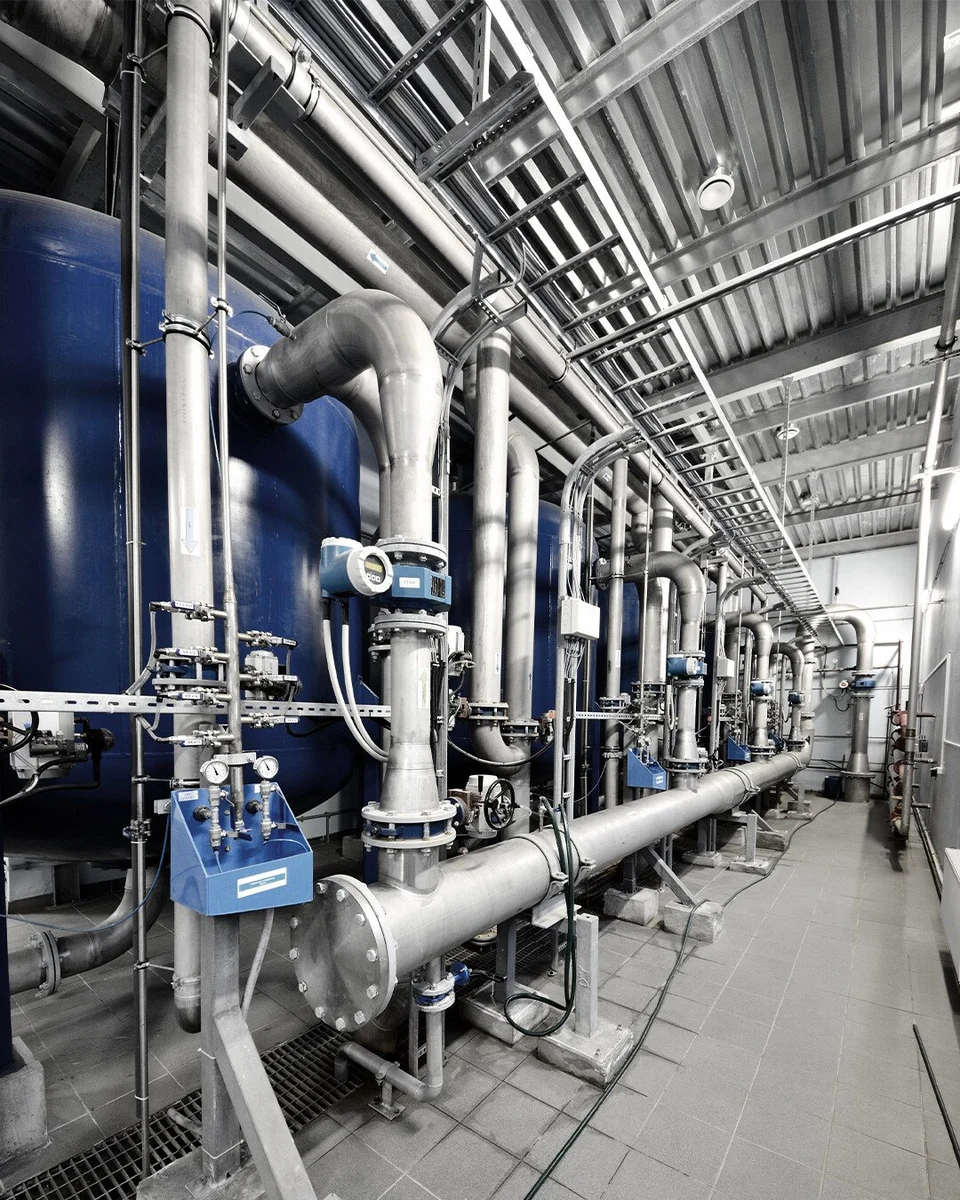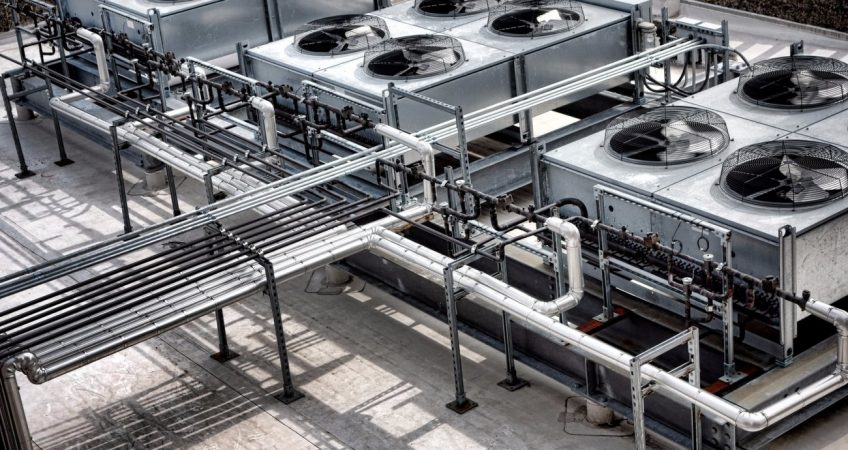In today's industrial and commercial landscapes, the demand for effective thermal management is more critical than ever. Achieving optimal operational efficiency while minimizing energy consumption is a key objective for businesses across various sectors. The High Efficiency Plate Heat Exchanger has emerged as a cornerstone technology in this pursuit, offering a compact, powerful, and adaptable solution for a wide range of heating and cooling applications.
The Genius of Plate Heat Exchanger Design
A key factor behind its superior capability is the sophisticated Plate Heat Exchanger Design. These units consist of a series of thin, corrugated metal plates that are pressed together within a frame. This design creates a network of parallel channels for two different fluids to flow through, alternating between hot and cold streams. The corrugations on the plates are engineered to induce turbulent flow, even at low fluid velocities. This turbulence is crucial as it breaks up the boundary layer of fluid against the plate surface, dramatically increasing the rate of heat transfer. This innovative approach is what allows for a high degree of Thermal Efficiency Plate Heat Exchanger performance, ensuring that energy is transferred effectively with minimal loss.
Engineered for Durability and Reliability
Beyond its thermal capabilities, the physical integrity of the unit is paramount, especially in demanding industrial environments. A Robust Frame Structure Heat Exchanger provides the necessary support and rigidity to hold the plate pack together and maintain a perfect seal, even under significant operational pressures and thermal cycling. The frame, often constructed from heavy-duty materials, protects the internal plates from external impacts and stress. This focus on construction makes for a Durable Plate Heat Exchanger that promises a long service life and reliable operation, reducing downtime and maintenance costs. The combination of a strong frame and high-quality gasket materials ensures leak-free performance and system safety.
Peak Performance and Energy Savings
Ultimately, the goal is superior Heat Exchanger Performance that translates into tangible benefits. These exchangers excel at providing Energy Efficient Heat Transfer, allowing systems to reach desired temperatures quickly and with less energy input compared to traditional shell-and-tube exchangers. This efficiency leads to significant reductions in operational costs and a smaller carbon footprint. Their versatility makes them ideal Industrial Heat Exchanger Solutions, finding applications in HVAC systems, refrigeration, food and beverage processing, chemical industries, and power generation. The compact and modular design also means they can be easily scaled, serviced, or adapted to changing process requirements, ensuring long-term value and performance.
Effortless Maintenance for Sustained Efficiency
Another significant advantage is the ease of maintenance. The plate-and-frame construction allows for simple disassembly, granting full access to every heat transfer plate. This makes cleaning, inspection, and plate replacement a straightforward process, unlike more cumbersome traditional heat exchangers. Regular and easy maintenance ensures the unit continues to operate at its peak thermal efficiency throughout its lifespan, preventing fouling and performance degradation. This user-friendly feature is a critical component of its overall value, ensuring that the high efficiency promised on day one is maintained for years to come, solidifying its role as an indispensable asset in modern thermal management.

